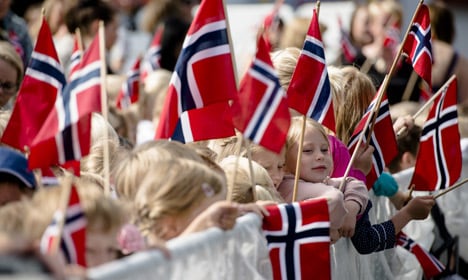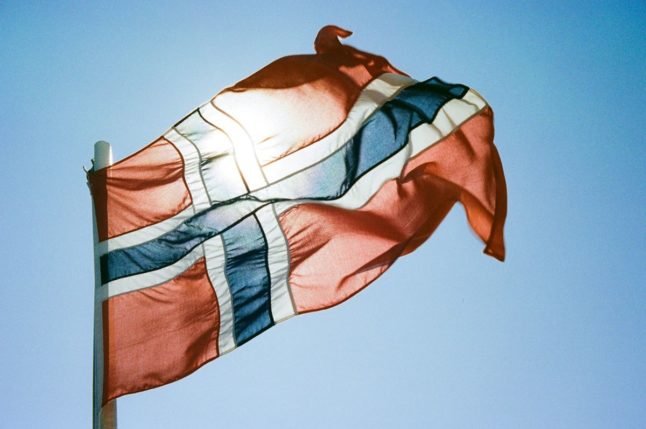NORWEGIAN CITIZENSHIP
Push for dual citizenship heats up in Norway
A new campaign spearheaded by a former Norwegian citizen who now lives in her own country as a foreigner and a British citizen permanently living in Norway hopes to convince politicians to allow dual citizenship.
Published: 16 August 2016 12:37 CEST

Norway is the only Nordic country that doesn't allow dual citizenship. Photo: Ole Martin Wold / NTB scanpix
The lobbying group ‘Ja til dobbelt statsborgerskap’ (Yes to dual citizenship) has released a new video in which a series of Norwegians living abroad and foreigners living in Norway share why dual citizenship is important to them.
The founders of Ja til dobbelt statsborgerskap told The Local that, along with the group Norwegians Worldwide, they represent a “large and growing movement” that is beginning to win the argument on dual citizenship.
“The political winds are definitely changing in this area due to consistent lobbying by Ja til dobbelt statsborgerskap and Norwegians Worldwide,” Donna Fox and Cecilie Myhre said in an email.
“The [political] parties are starting to understand that the argument frequently used – which is loyalty – is emotion-based and not backed by any facts or data, that dual citizenship does not threaten Norwegian culture or values, and that dual citizenship does not mean it will be easier to be a Norwegian citizen,” they continued.
Norway is the only Nordic country and one of only a small handful of European nations that does not allow dual citizenship. In March, a parliamentary committee formally asked the government to look in to changing the policy.
Fox and Myhre hope that sharing personal stories like their own will help to win over opponents of dual citizenship.
“Most of the focus previously has been on permanent residents seeking Norwegian citizenship, however the lobbying has raised awareness about both permanent residents and the number of Norwegians affected, including previous Norwegians living abroad and previous Norwegians living as a foreigner in Norway!” they wrote.
The group also contends that Norway’s citizenship laws are arbitrary. Their video includes the story of Anita and Jannicke, two sisters who have an Australian father and a Norwegian mother. One was born in Norway and thus can’t share her father’s citizenship while the other was born in Australia and was automatically granted dual citizenship.
“Although dual citizenship is permitted in Norway by exception in a limited range of circumstances, the majority of people are without this option,” Fox and Myhre wrote. “This is unfair and discriminatory. People are unable to participate in the democracy where they live and by giving up one’s birth citizenship, one is effectively either locked out of their other home country or becomes a foreigner there.”
Norwegians living abroad have been inundating politicians with pleas for dual citizenship, and Fox and Myhre are optimistic that the change will come.
“It is in our opinion that through this persistent education on the facts around dual citizenship, common sense will prevail over irrational fear of something that doesn´t exist, and that the political parties will vote to introduce dual citizenship,” they wrote.
In addition to their new video campaign, they will also host a dual citizenship debate on Friday at the annual political forum Arendalsuka.
Fox and Myhre don’t have to look far for inspiration. Dual citizenship took effect in neighbouring Denmark on September 1st, 2015 after years of lobbying by expat groups and the organization Danes Worldwide, a sister group to Norwegians Worldwide.
Url copied to clipboard!


 Please whitelist us to continue reading.
Please whitelist us to continue reading.
Member comments